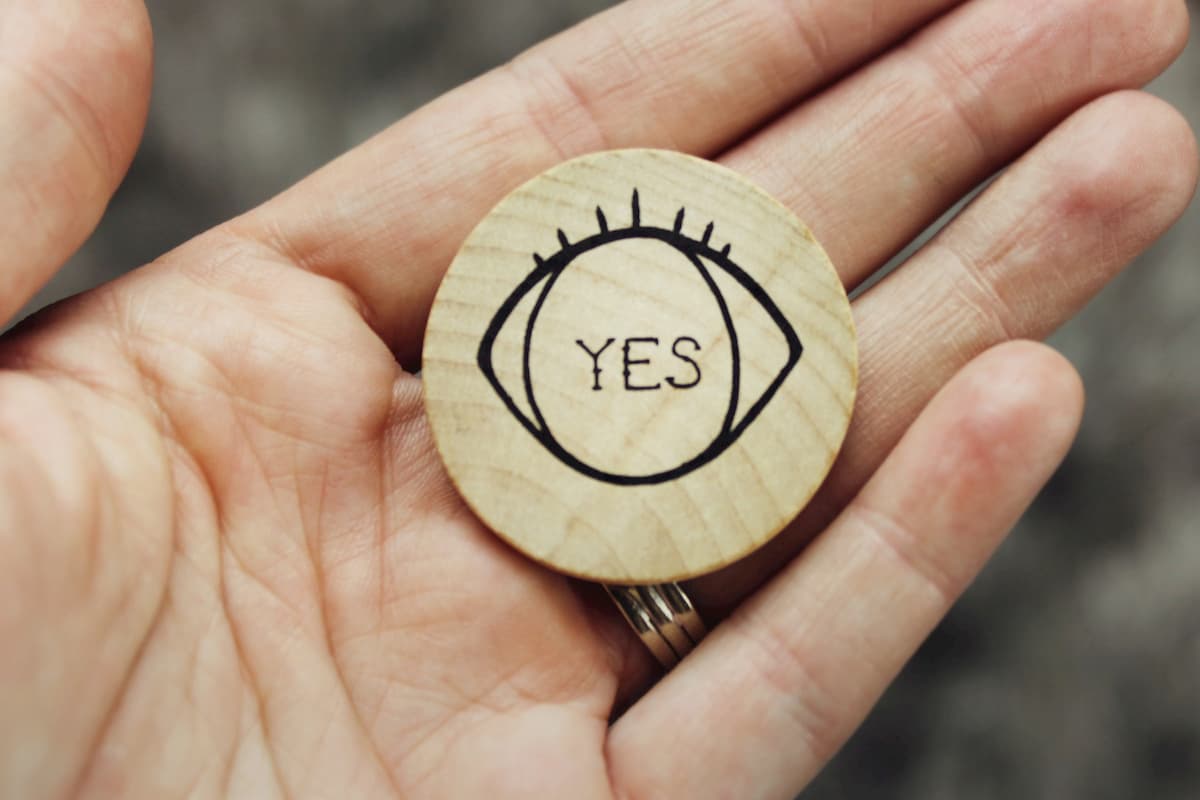
I’m going to again depart from discussing subjects in Ask, to responding to the many inquiries you sent me about extraordinary circumstances confronting all of us.
Here are my thoughts, which I hope you’ll find helpful.
The wrong question
The most common question I’m asked is: Is it different this time?
I don’t think that’s the right question.
There’s nothing different about bear markets. Since 1928, there have been 25 bear markets.
Covid-19 isn’t the first pandemic we’ve encountered. We’ve had a series of pandemics starting in 1633, including small pox, yellow fever, cholera, scarlet fever, typhoid fever, the Spanish flu, diphtheria, polio, measles and whooping cough. We’ve also dealt with HIV and AIDS.
Viewed in this context, there’s nothing really different about the current bear market, but I don’t think that’s helpful in alleviating your concerns.
The right question
A better question might be, Am I going to be okay? This question requires an analysis of both health and financial issues.
Health concerns
If you follow recommendations from the CDC and continue social distancing, you reduce the possibility of contracting the coronavirus.
Even if you’re infected, it’s likely you’ll recover fairly quickly. According to former White House doctor William Lang, 80% of people who get infected and symptomatic will experience relatively mild symptoms and they can be treated at home; 15% will need the care of their primary care provider; 5% may require care such as being admitted to a hospital, and that’s usually the elderly.
Nevertheless, with the number of deaths predicted in the U.S. ranging from 100,000-240,000, we all need to do whatever we can to avoid being infected by Covid-19.
Financial concerns
No one knows how long this bear market will last. The average length of past bear markets is 299 days (about ten months.)
The lesson from past bear markets is this: Investors who did nothing and stayed the course, recovered their losses and earned significant returns. The longer they did nothing, the better their returns.
It’s easier for some investors to follow this advice than others. If you need income, and don’t have short or intermediate term bonds you can liquidate, you may need to sell stocks in a down market. That’s why having a suitable asset allocation is so important.
What if it really is “different”?
Being “different” this time means the length of the bear market will be longer and more severe. The longest bear market we’ve experienced lasted from January 11, 1973 to October 3, 1974 (630 days.)
There were two bear markets in the Great Depression (from September 7, 1929-November 13, 1929 and April 10, 1930-December 16, 1930.) In the aggregate, the S&P 500 index declined by 88 percent.
My personal view
How this bear market will play out depends on unexpected (and unknowable) news.
The greatest scientists in the world are working to find an effective treatment and a vaccine. Once they are successful, the market will react positively.
There’s evidence social distancing has shortened the rate of infection in other countries. In China, which was the epicenter of the virus, only 86 new cases, and 7 new deaths were reported on April 1, 2020. I fully appreciate there’s reason to be skeptical about data coming from China. However, results for Singapore and the Republic of Korea, both of which implemented early testing and social distancing, are also encouraging.
There’s reason for optimism.
I believe that’s the right answer.
